The 5 sleep types and how they impact our mental health, according to scientists
Each sleep 'profile' is connected to aspects of mental wellbeing, a new study has found
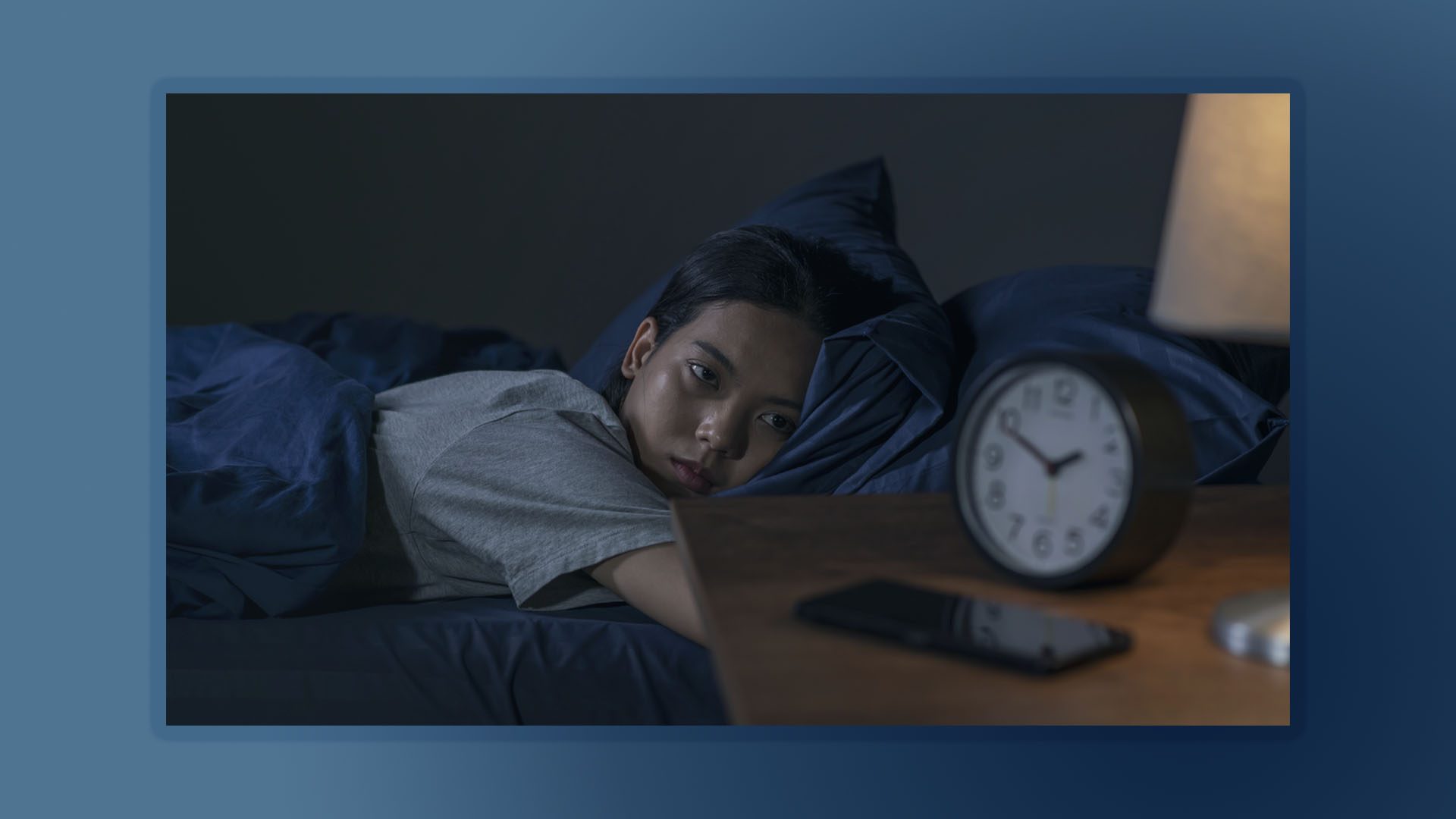
Here at Tom’s Guide our expert editors are committed to bringing you the best news, reviews and guides to help you stay informed and ahead of the curve!
You are now subscribed
Your newsletter sign-up was successful
Want to add more newsletters?
Join the club
Get full access to premium articles, exclusive features and a growing list of member rewards.
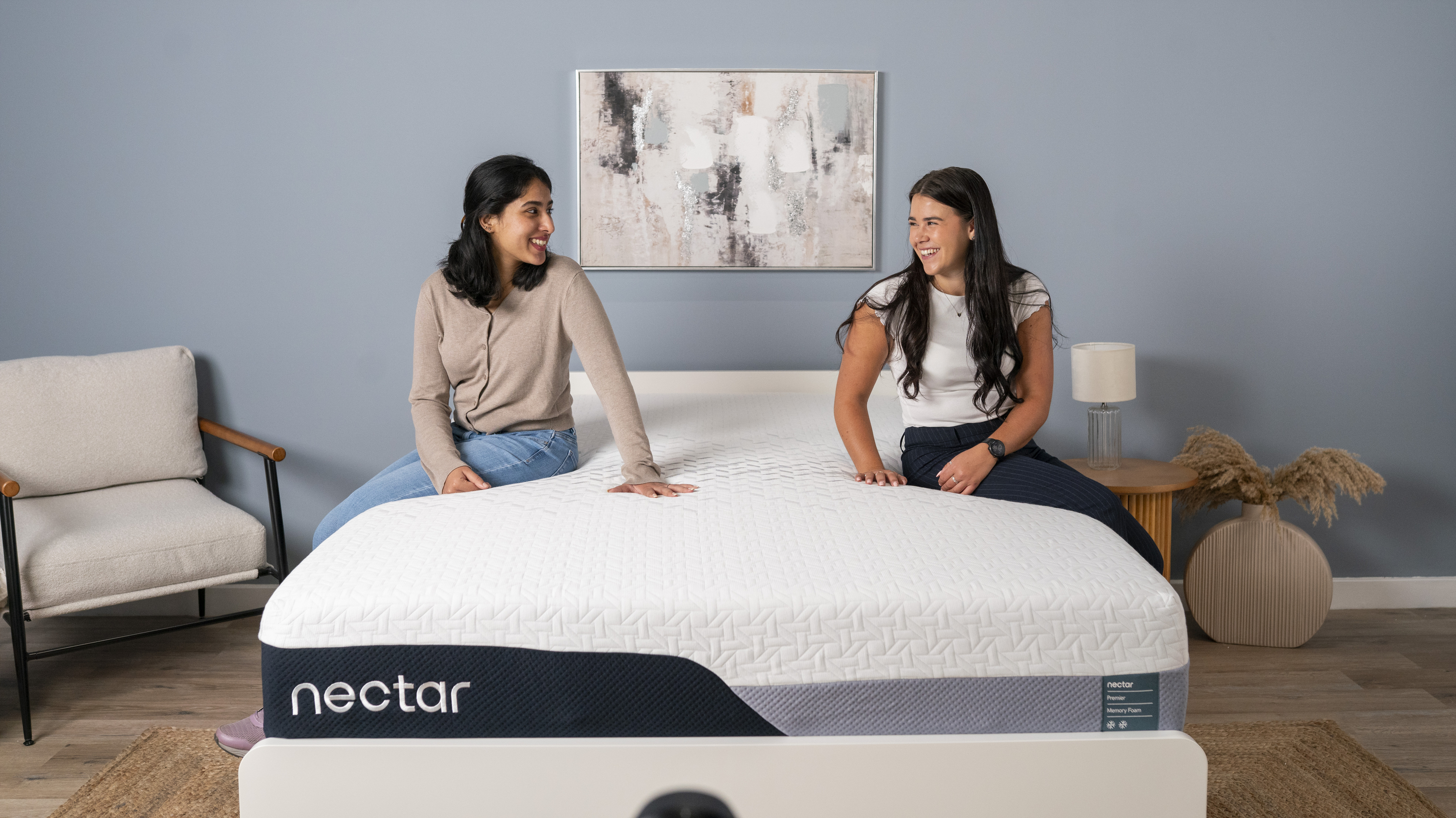
We've tested the best mattresses for every sleep style to help you find a bed that supports your sleep needs.
How do you sleep? Are you out like a light, up five times a night, or likely to start a fight with your alarm if you only get six hours of snooze?
A new study, published in PLOS Biology, claims to have identified five key "sleep profiles", linking each to aspects of our health, wellbeing and performance.
The research takes a big picture approach to sleep, exploring its multidimensional nature alongside the "biological, psychological, and socio-environmental" (biopsychosocial) factors that can impact our shut-eye.
In doing so, the scientists have developed five sleep categories to better understand how sleep disruptions and mental health issues are connected.
"This highlights the importance of considering the full picture of an individual’s sleep to help clinicians make more accurate assessments and guide treatment,” explains Aurore Perrault, author of the study and a neuroscientist at Concordia University, Canada.
What are the 5 sleep profiles?
- Researchers identified five major sleep profiles
- Each profile is associated with a unique "brain network organization"
- A multidimensional approach can help with mental health treatment
The study analyzed the sleep of 770 young adults registered in the Human Connectome Project. Participants completed the PSQI (Pittsburgh Sleep Quality Index), a widely used questionnaire for self-reporting sleep, and underwent MRI scanning to map brain activity.
The data was assessed alongside 118 biopsychosocial measures, including cognitive performance, demographic, physical and mental health and substance use.
Get instant access to breaking news, the hottest reviews, great deals and helpful tips.
Analyzing the results unveiled five sleep profiles and their associated links to health, well-being and quality of life. Interestingly, they also discovered that each profile "displayed unique patterns of brain network organization."
Overall poor sleep and worse mental health
The first profile is characterized by a "general pattern of poor sleep", including problems falling asleep, low sleep satisfaction, daytime impairment and more sleep disturbances.
It's also associated with greater mental health issues. "This pattern is tied to higher stress, anxiety, and depression," explains Dr. Leah Kaylor, licensed psychologist and author of If Sleep Were a Drug, who was not involved in the study. "Over time, it can harm mood, focus, and even heart health."
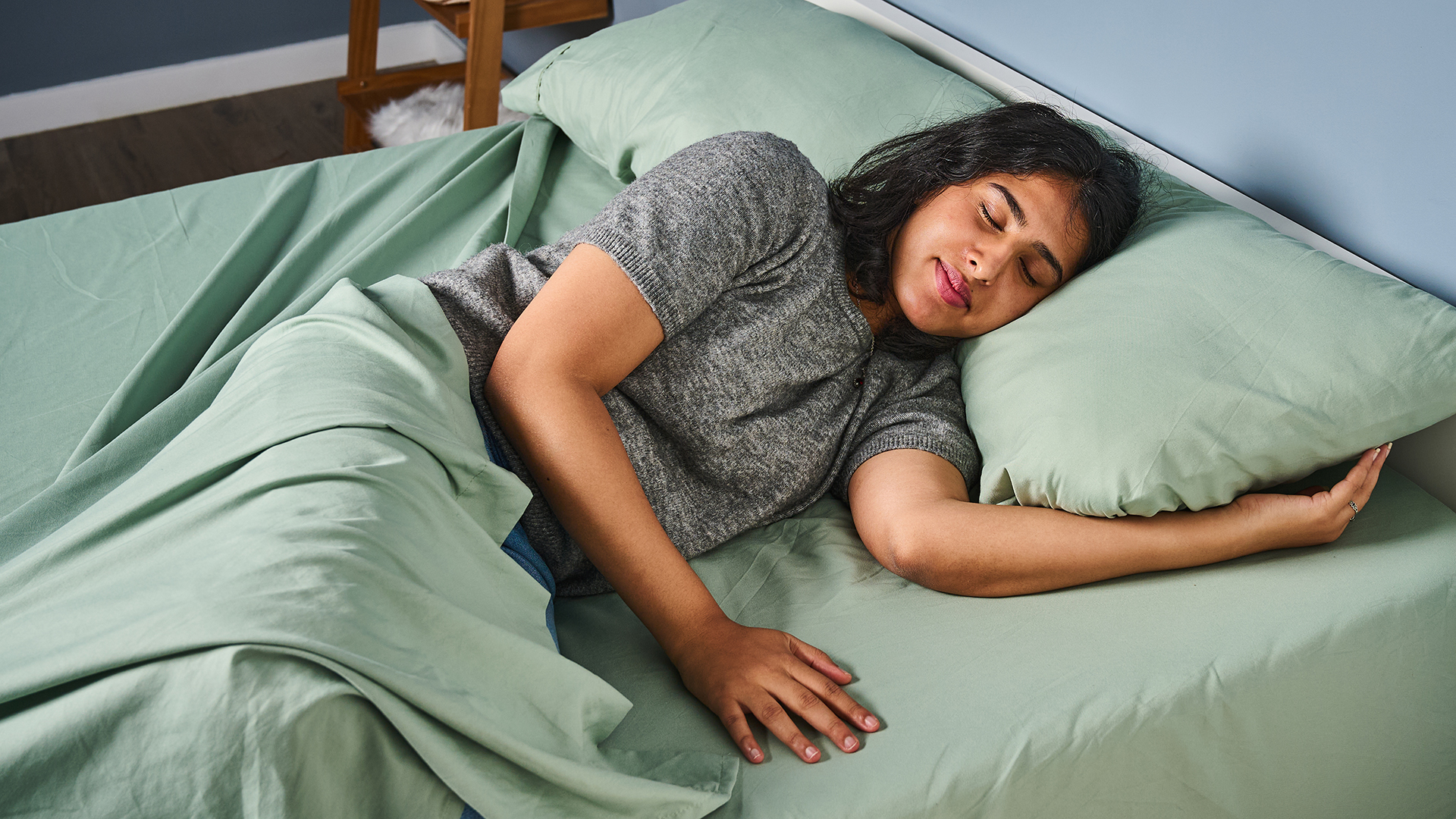
As well as the factors Dr. Kaylor mentions, researchers also identified a tendency towards anger, fear and also internalizing behaviors; dwelling on thoughts rather than engaging with the world.
Sleep resilience
Subjects who fell into the second category displayed poor mental health and daytime impairment but reported generally good sleep overall. Researchers termed this "sleep resilience."
You may deal with stress or emotional ups and downs, but your sleep stays solid
Dr. Leah Kaylor
This category was linked to attention difficulties, including ADHD, as well as low conscientiousness and a tendency towards negative emotions such as sadness and anger.
"You may deal with stress or emotional ups and downs, but your sleep stays solid," explains Dr. Kaylor. "This shows strong internal coping systems — your sleep 'bounces back' under pressure."
However, the researchers do theorize that some of the "sleep resilient" might actually be displaying "sleep misperception" — assuming a good night's rest while actually sleeping badly.
Sleep aids intake
The third profile is broadly characterized as those taking sleep aids (such as sleeping pills) in order to experience better shut-eye.
People in this group largely reported good daytime functioning, satisfaction in social relationships and no problem paying attention.
However, people in this group did show low emotional recognition, often struggling to accurately identify emotions in others.
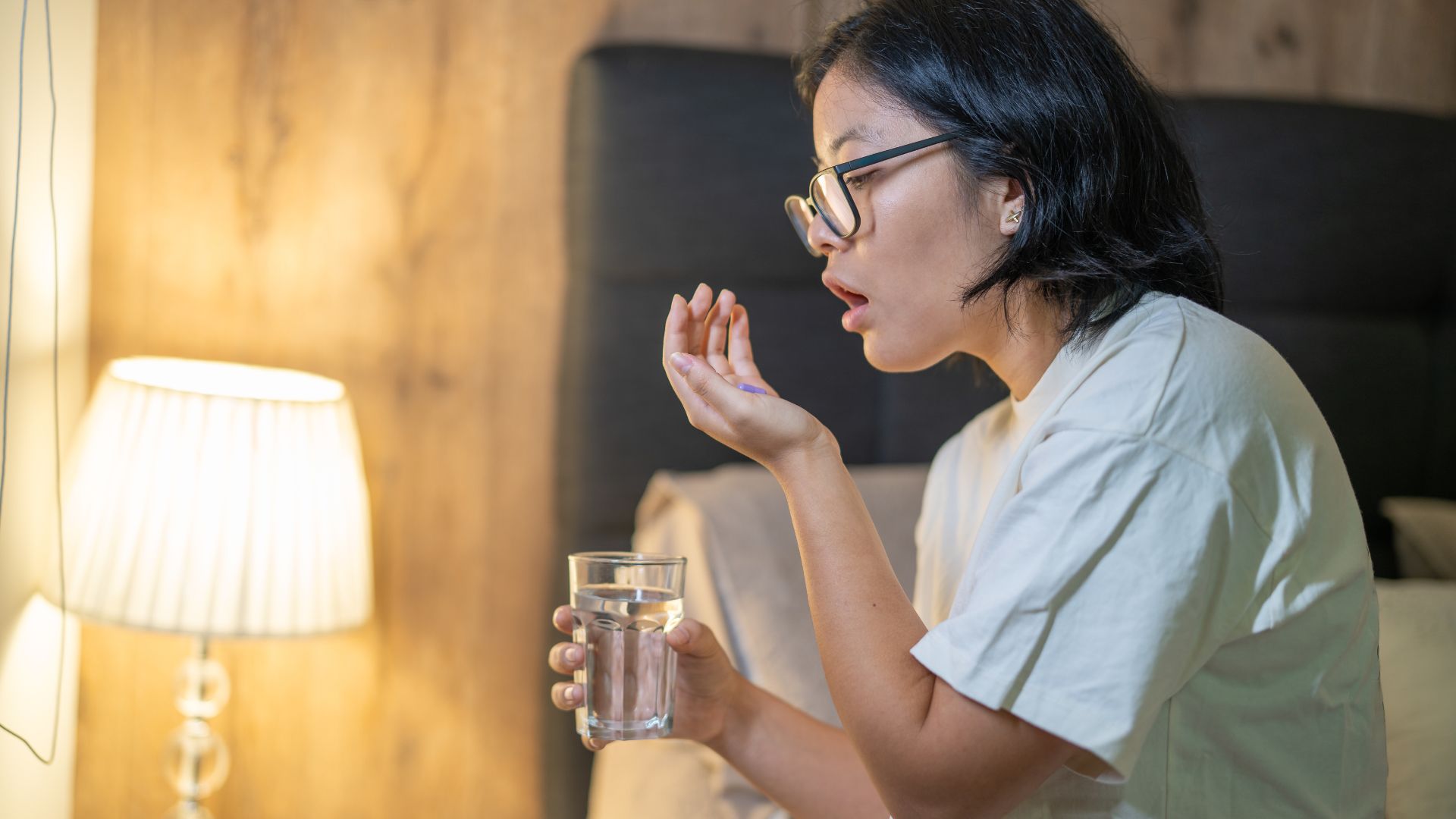
Other effects of sleeping pills include a worse memory and an inability to vividly recall past experiences; brain scans of people in this category showed a disconnection between visual and limbic systems.
"Medications can help short-term, but long-term use is generally not recommended," says Dr. Kaylor, who advises focusing on better sleep hygiene over sleep aids.
Low sleep duration
We recommend getting between seven and nine hours of sleep per night but people in this category rarely experience even seven full hours of snooze.
Those within this profile experienced a reduced cognitive performance — including difficulties processing emotions and language — while also displaying higher levels of aggression and a higher tendency to have had a history of diagnosed alcohol dependence.
"Chronic short sleep raises risks for fatigue, weight gain, diabetes, and heart disease, and lowers focus and mood," warns Dr. Kaylor.
Sleep disturbances
The fifth profile focuses on people who experience sleep disturbances, such as regular nighttime awakenings, or resulting from nocturia, breathing issues or pain.
This category is associated with poor emotional processing skills, a bad memory and trouble problem solving. In addition, those within this profile also displayed mental health issues, such as anxiety, and increased aggression.
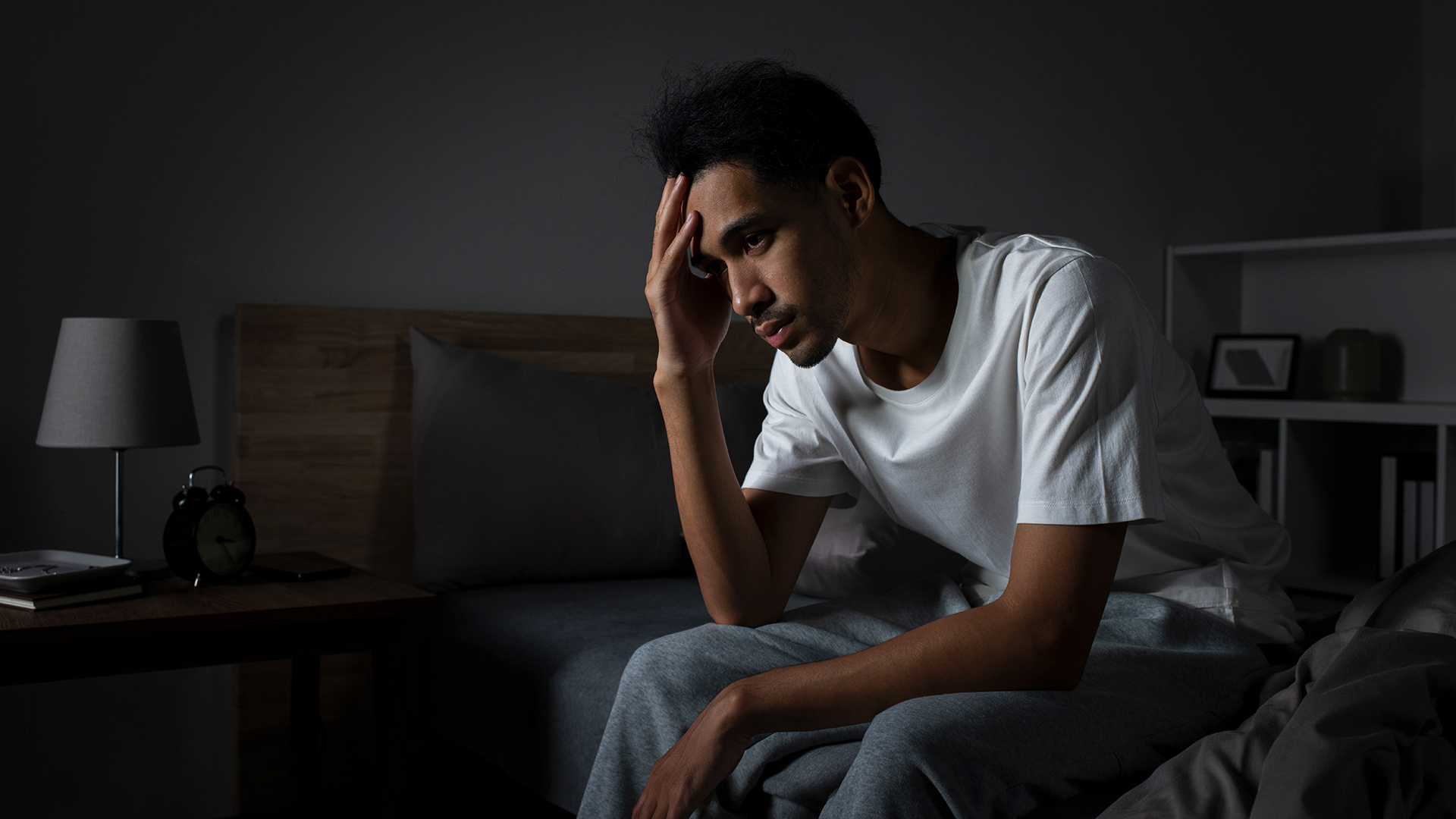
Research showed people in this category are also more likely to smoke and have a higher tendency towards symptoms of alcohol dependence.
"Broken sleep hurts concentration, mood, and memory," Dr. Kaylor says, while warning it can also signal sleep apnea.
What does your sleep profile mean?
This can all sound pretty scary but what this data shows isn't that your sleep profile determines your wellbeing, but instead the importance of recognizing sleep as a multifaceted experience.
Advice that can help all types: set a consistent sleep/wake time
Dr. Kaylor
So if, for example, you identify with sleep profile four, that doesn't mean you'll necessary experience all its effects, nor will you sleep the same way forever. But it might ensure that if you later seek help for a sleep or mental health issue, a doctor will be able to better diagnose and advice you.
The study's authors acknowledge that further research is needed into the connection between sleep and mental health, including how different aspects of our rest might impact our wellbeing.
For now, we recommend focusing on your sleep hygiene.
"Advice that can help all types: set a consistent sleep/wake time, make the bedroom as dark, cool, and quiet as possible, create a wind down routine and practice stress management techniques," advises Dr. Kaylor, to enjoy better snooze every night.
Follow Tom's Guide on Google News and add us as a preferred source to get our up-to-date news, analysis, and reviews in your feeds. Make sure to click the Follow button!

Ruth is an experienced Senior Staff writer at Tom’s Guide, covering all things sleep and mattresses. She writes to help people sleep better, from how-tos to the latest deals to mattress reviews, and has interviewed an array of experts who share her passion. She is also our specialist on memory foam — she’s flown around the world to see memory foam being made — and leads our hotel mattress content. She has a deep interest in the link between sleep and health, and has tried enough mattresses, from Helix to Nectar to Simba, to know the right bed really can make a difference to your wellbeing. Before joining the team at Tom’s Guide, Ruth worked as a sleep and mattress writer for our sister website, TechRadar.
You must confirm your public display name before commenting
Please logout and then login again, you will then be prompted to enter your display name.
 Club Benefits
Club Benefits










